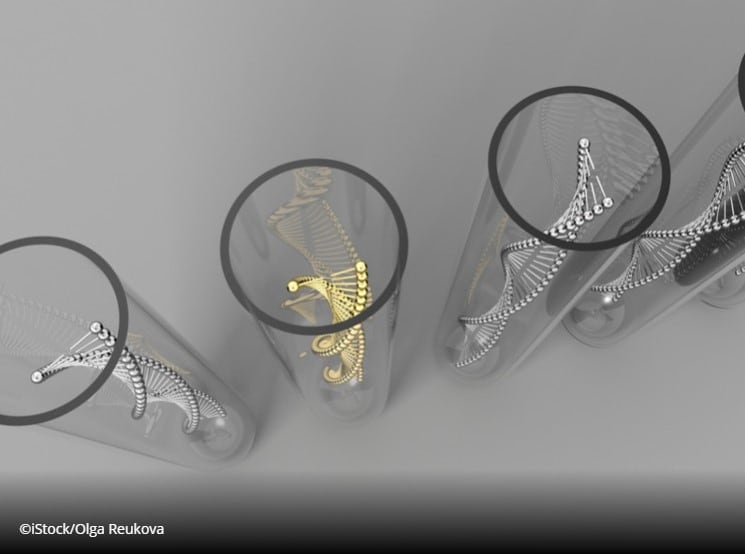Announced earlier this week, the HEALTH4BRAIN project will look at personalising diets with the help of a nutrigenetic test that will aid in the design of personalised, functional foods.
The hope is personalised advice will be offered depending on the individual’s genetic profile, with tailor-made foods produced that maintain cognitive function and population health.
Commenting on the three-year project, Madrid-based Natac Biotech said it would, “aim to make the most of “omic” technologies and knowledge in applying precision nutrition to improve the efficacy of nutritional strategies and products for optimising cognitive capacity”.
Further details of the project will see Natac Biotech take the lead in producing food-based products that have been created according to an individual’s genetic profile.
The product’s effect on the brain will be the subject of nutrigenomic studies in vitro conducted by the IMDEA Institute to determine its mechanism of action, and in vivo to validate its effectiveness.
Financial details of the project have been provided by its funders, the Spanish Ministry for Science and Innovation, who have allocated a budget of approximately €540,000.
A further breakdown reveals around €194,000 has been set aside as a subsidy and roughly €285,000 in business loans.
The burden of cognitive decline
“It is estimated that cognitive impairment in Spain affects around 18.5% in the population over 65 years of age, with women having significantly higher prevalence rates compared to the male population,” highlights IMDEA Food.
“This rises to 45.3% in the case of the population over 85 years of age. With the increase in life expectancy, cognitive deterioration is a public health problem that increases over the years since more than 35 million patients with Alzheimer's dementia are currently diagnosed, and it is expected that by 2050 they will be overcome even the 135 million.”
Details of the collaboration coincides with a spate of personalised nutrition news that brings into focus the momentum this area has garnered as the sports nutrition, healthy ageing and nutricosmetic sectors look on with interest.
Only this week the University of Toronto provided details of a new study that identifies a genetic variation that regulates iron metabolism, which may enhance athletes’ endurance performance.
The findings could help explain the association between the genetic variation and elite athletes across many sports and may help competitive athletes fine-tune their iron intake to boost performance.
More evidence on the influence of genes on nutrient efficacy came in the form of a PLOS Genetics study, which attempted to pinpointed specific genes which may dictate whether fish oil supplements will benefit or hinder a person's heart health.
The US-based team found the success of fish oil supplementation was dependent on genotype with specific genetic backgrounds, responsible for the lowering of triglycerides after supplementation.
Conversely, an altered genotype may increase triglyceride levels after taking a fish oil supplement.
EU personalisation backing
EU assistance to advance personalised product development came in October last year as microbiome therapeutics firm MyBiotics Pharma received €2m ($2.3m) in funding by the European Union (EU) to develop technology capable of delivering personalised probiotics to tackle gut-related diseases.
The award, given out as part of the EU’s Horizon 2020 Program, was also earmarked by the firm to tailor probiotic interventions to recover damaged gut microbiota and develop multi-strain libraries in preparation.
Back in 2019, the Quadram Institute Bioscience (QIB) secured a slice of a €56.4m EU funding pot to work with nutrition start-ups that include a digital platform delivering personalised nutrition services in Europe.
UK-based QIB collaborated on the EIT Food QUISPER Project, an initiative designed to organise and provide consumers with personalised nutrition advice.
The work began with the programming of a fully-fledged online digital service starting from a pre-beta version (Quisper Server Platform, QSP).




